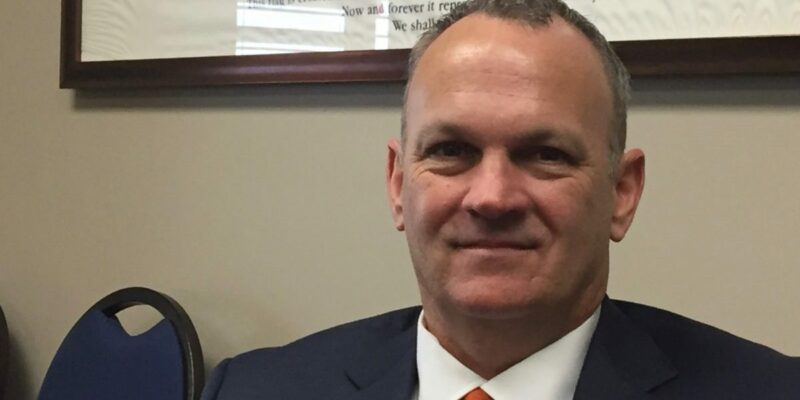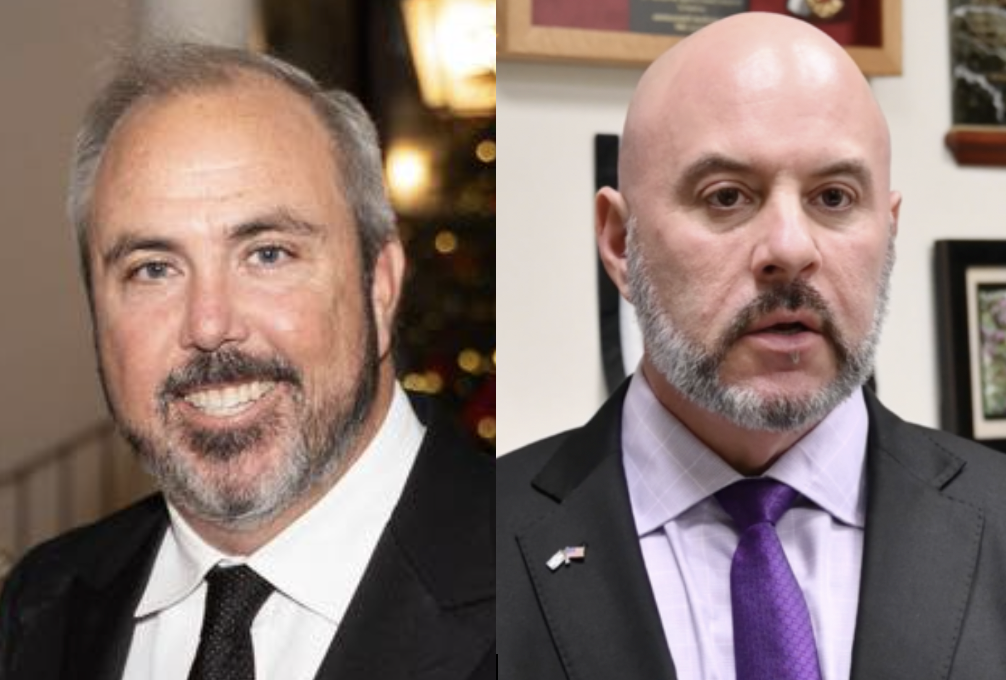TALLAHASSEE --- Florida lawmakers will need to go into overtime because of an impasse about hospital spending in final negotiations over a new state budget.
House Speaker Richard Corcoran, R-Land O' Lakes, told House members Tuesday night that lawmakers will have to extend the session, scheduled to end Friday, or hold a special session.
“Make preparations because that’s kind of where we are headed," Corcoran said after a day of behind-the-scenes negotiations with the Senate.
Corcoran said a "best-case scenario" would be finishing the session Saturday. But he also said it was possible the session would be extended to Monday or that Gov. Rick Scott could call a special session that might start as soon as Monday.
It will mark the second year in a row that the Legislature was unable to complete its annual session in the allotted 60 days.
Last year, lawmakers extended the session for three days to vote on the budget and then had to return for a special session after Scott vetoed the public-school portion of the budget, which he deemed inadequate.
Corcoran did not detail the reasons for being unable to reach agreement.
But earlier, Senate Appropriations Chairman Rob Bradley, R- Fleming Island, said the House and Senate were continuing to negotiate payments to Florida’s hospitals. At least part of the issue involves whether to scrap a long-standing payment system for a new system that would increase base Medicaid rates paid to every hospital, regardless of Medicaid patient load.
Late Tuesday morning, Bradley said it was “too early to tell” whether lawmakers would be able to reach agreement on an $87 billion-plus spending plan by midnight. Meeting the deadline would have given lawmakers enough time to adhere to a mandated 72-hour cooling-off period before a final budget vote on Friday, the last scheduled day of the 2018 session.
But when Corcoran spoke to House members about 8:15 p.m., he made clear the budget wouldn't be done in time.
The House’s proposed spending plan for hospitals in the upcoming year is essentially a continuation of the current year’s budget. But the Senate has proposed redistributing $318 million in Medicaid “automatic rate enhancements” currently paid to 28 hospitals with large Medicaid caseloads and use it to increase the rates paid for all hospitals.
The Senate budget also includes $50 million to offset the recurring effect of the current year’s budget cuts on hospitals. The Senate plan has been endorsed by some rural hospitals that say the additional $50 million in the Senate plan is what they need.
But the Senate proposal would reduce Medicaid payments to Jackson Memorial Hospital in Miami by as much as $58 million and Orlando Health by nearly $9 million. House Appropriations Chairman Carlos Trujillo, R-Miami, said the House would not let safety-net facilities such as those face steep reductions.
HCA Healthcare, a for-profit chain that owns 43 facilities in the state, could see nearly $40.5 million in Medicaid increases under the Senate plan. Tenet, which owns nine hospitals in Florida, would see a nearly $4 million increase in Medicaid payments under the Senate plan, and Community Health Systems, which owns 23 hospitals in Florida, would see as much as a $7.7 million bump in Medicaid payments.
The Senate budget also includes an additional $130 million increase in Medicaid payments for nursing homes that aren’t included in the House budget.
Bradley said Tuesday that once the chambers agree on the hospital spending they will discuss nursing homes.
Negotiations have been completed on a $21 billion public school budget and a $7.9 billion budget for state universities and colleges, including financial aid, Bradley said. But as of Tuesday evening, lawmakers had not released the details of the agreement.
Based on earlier public negotiations, lawmakers will not increase state performance funding for universities and state colleges. That funding would remain at $245 million for the universities and $30 million for the 28 state colleges.
Senate President Joe Negron, R-Stuart, said Monday night he expects the university system to receive an additional $20 million that would be shared by schools that have reached “pre-eminent” status, including the University of Florida and Florida State University. The University of South Florida is also expected to achieve that status in the coming year and would share those funds.
Negron also said he expects a $20 million increase in the “world class” program, which is money shared by all the universities to attract top-level professors and researchers. Another $10 million increase would go to rewarding high-performing medical, law and professional schools.
In the public-school system, lawmakers have agreed to roughly a $500 million increase in the funding formula for the 67 school districts, which should yield a per-student increase in the range of $100 in the new academic year.
School funding was impacted by the mass shooting at Marjory Stoneman Douglas High School in Parkland, with lawmakers agreeing to spend an additional $400 million on school-safety and mental-health initiatives.
School-safety legislation (SB 7026) debated Tuesday in the House includes a $97.5 million increase for the “safe schools” program in the funding formula. It would boost the program, which helps the 67 school districts hire school resources officers, to $162 million in the 2018-2019 academic year.
The legislation also would provide $67 million to the school districts in a new mental-health category in the funding formula.
But one of the impacts of shifting more state funding to school safety may be Gov. Rick Scott’s call for an $18 million increase in funding to help teachers buy classroom supplies. The increase sought by Scott would have boosted the annual support to $350 for each teacher, although it appears the program is likely to remain at its current level of $45.3 million, which provides $250 a year.
(News Service of Florida)




